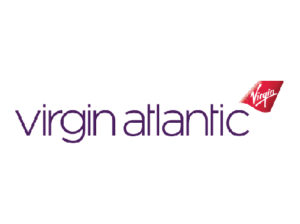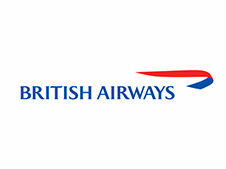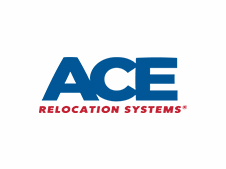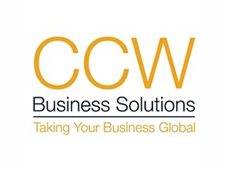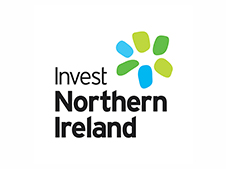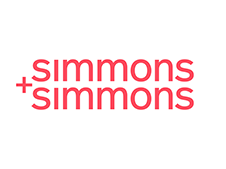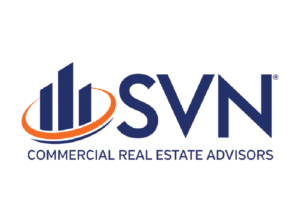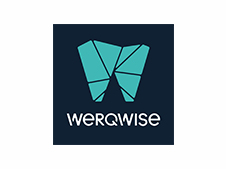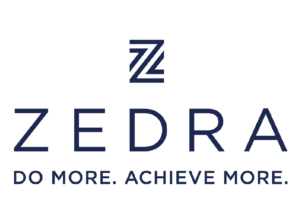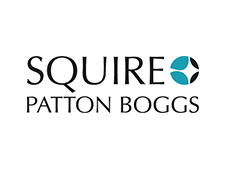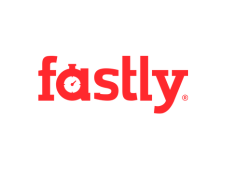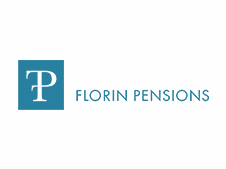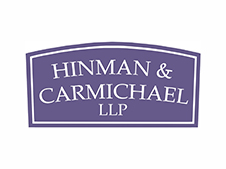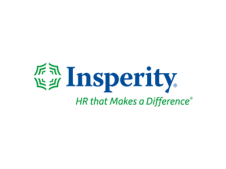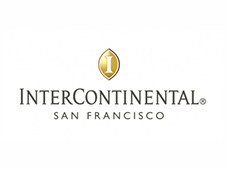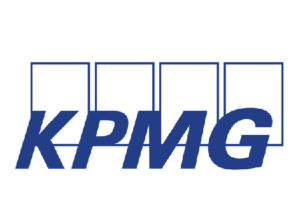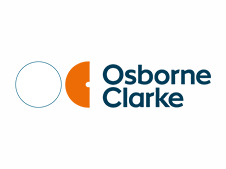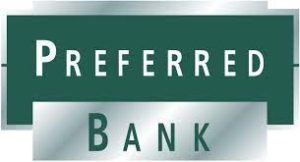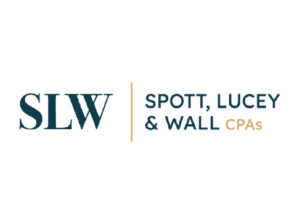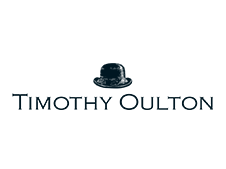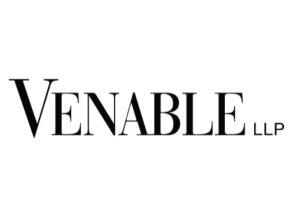Better Workplace Strategies Aired at BABC Event
British-American Business Group Networks, Shares Ideas
Credit to Ellen Eason at California Buildings News
Speakers at “Workplace Innovations: Happiness, Productivity and Profitability,” a program sponsored by the British American Business Council of Northern California and engineering giant Turner & Townsend Trestle, made clear to the audience that the quality of where we work and how we work depends greatly not just on how our buildings are run but on the environmental policies of our cities—and ultimately—our regions. The speakers, in fact, represented companies whose services and products are already improving workplace design and operations in a variety of ways, like Brandon Tinianov’s company VIEW Inc., which makes intelligent, electrochromic windows that automatically tint to maximize natural light, reduce heat and glare. Tinianov and Kevin Hydes, president & CEO of Integral Group and the former Chair USGBC and World Green Building Council, stressed that improved workplace wellness drives productivity to such an extent that companies become more profitable and better attract talent.
Hydes noted that workplace wellness is fast becoming a major new focus within the sustainability movement. He said the “democratizing of knowledge” via Google and other information platforms transcends the need for experts to achieve healthier workplaces. “It’s flattened everything so users can know more about health and space than exerts or designers.”
The leader of one of Silicon Valley’s biggest companies, he said, uses his own handheld devices to measure indoor air quality and other building wellness features. The event, held at the Herman Miller furniture showroom in San Francisco, also featured architect Russ Drinker of M Moser Associates whose building designs all over the world have emphasized sustainability. “People want to work for companies with values,” he said, acknowledging the trend toward greener workplaces.
He stressed that building and urban designs be more flexible to accommodate cities’ evolution away from auto-centric transportation and more toward mass transit needed for better planned cities to handle population and workforce growth. Bigger cities, he emphasized, can also be cleaner and healthier if properly planned. He said people are flocking to cities “because they desire to be a part of vibrant communities, to be a part of the community, to be engaged.” The evolutionary nature of commercial real estate was also illustrated by the appearance of RocketSpace CEO Karl Knight on the panel. Providing flexible office space for startups, RocketSpace offers accelerator-like services to its members including programming, consulting, events and office-asa-service, which together create an ecosystem and community for innovation to thrive. RocketSpace has fueled the success of more than 800 startups, including 16 unicorns who have raised more than $20 billion, such as Uber, Spotify and Leap Motion. RocketSpace’s Corporate Innovation Services team has helped more than 100 brands worldwide transform into modern corporations.
Knight told the audience that startup companies are “recruiting companies by nature,” and so talent prospects respond to workplaces that offer the most accommodating environments, such as pleasing amenities, temperature and light controlled by apps and fast and secure digital pipes for interaction with cloud-based programs. The BABC offers its members in Northern California practical business expansion opportunities by delivering high-caliber networking and marketing opportunities, top-quality business intelligence, regulatory advice, and the opportunity to get business from the personal relationships they develop through their members.


